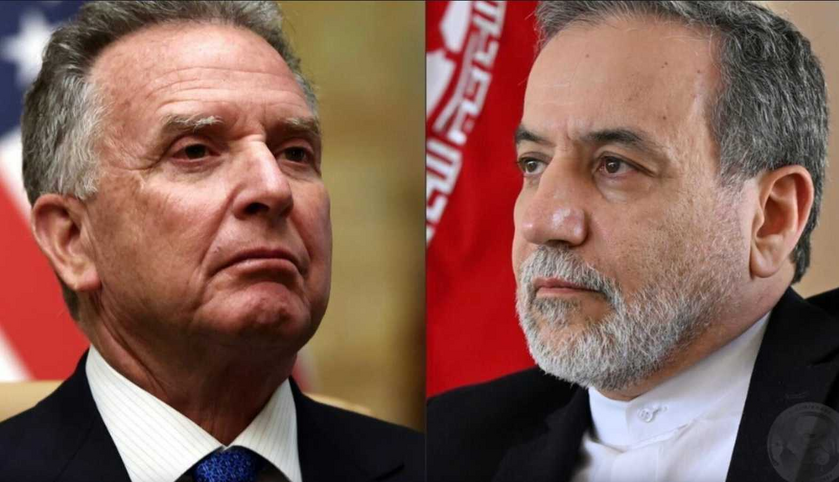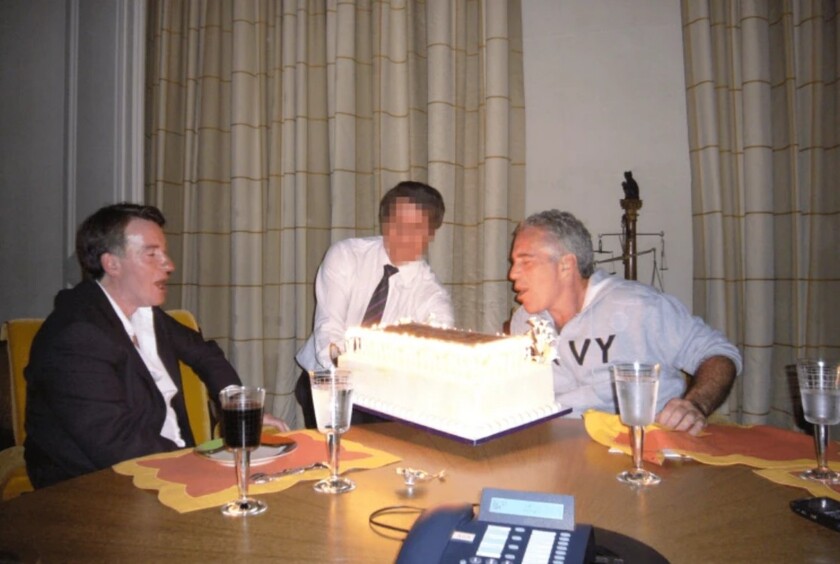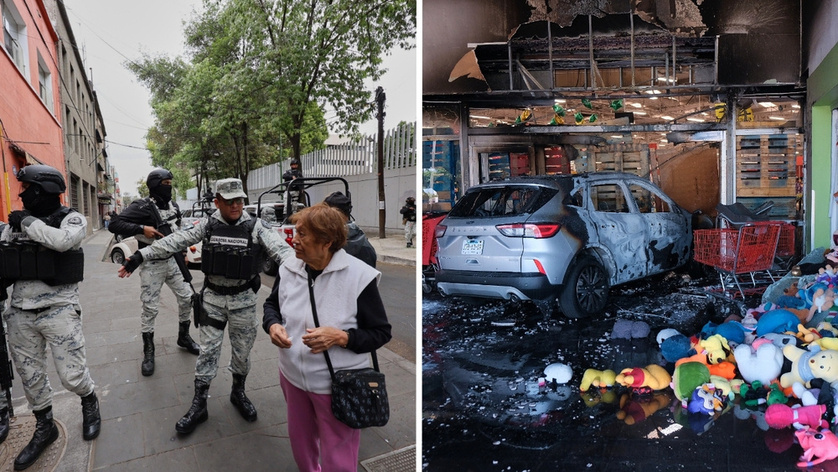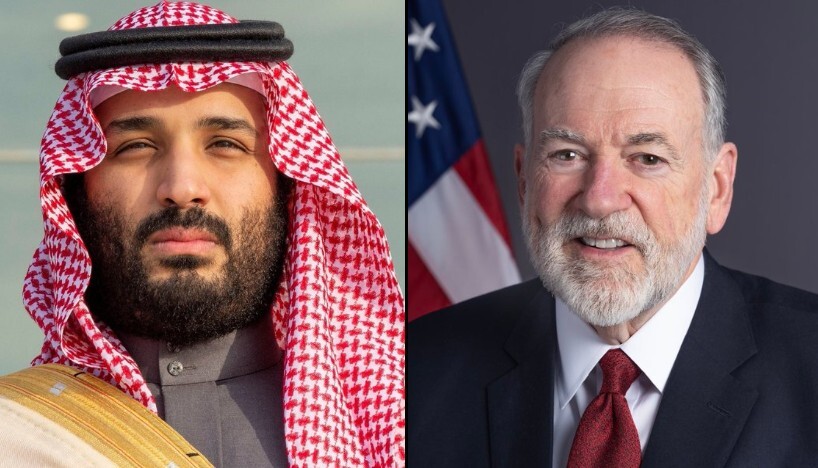U.S. Special Envoy Steven Witkoff and Iranian Foreign Minister Abbas Araghchi met in Muscat, Oman, on Saturday over the Islamic Republic's nuclear program. The talks were described as "very positive and constructive" by both the White House and Iranian officials, with the sides agreeing to meet again in Rome on April 19.
The discussions focused on Iran's nuclear program, with both sides agreeing that the issues are very complicated and that the talks were a step forward.
The White House issued a statement emphasizing the positive and constructive nature of the discussions. Witkoff underscored that he had instructions from President Donald Trump to resolve the differences between the two nations through dialogue and diplomacy, if possible. The White House also noted the complexity of the issues and described the meeting as a step forward in achieving a mutually beneficial outcome.
Iranian Foreign Minister Abbas Araghchi, in comments to Iranian state television, described the meeting as constructive and held in a calm and respectful environment. He claimed that the talks were indirect, with Omani Foreign Minister Badr bin Hamad al-Busaidi mediating the discussions.
Araghchi said that the main goal of the talks was to restore the rights of the Iranian people and lift sanctions, and that the next round of negotiations may not take place in Oman but would still be mediated by the Middle Eastern nation.
"Constructive and promising round of indirect talks with US Special Envoy @SteveWitkoff, kindly hosted and mediated by my brother @badralbusaidi of the Sultanate of Oman," Araghchi later wrote on X. "The talks were conducted in an atmosphere of mutual respect. I elaborated Iran's viewpoints in a firm yet forward-looking manner. Both sides decided to continue the process in a matter of days."
The talks were the highest-level discussions between the U.S. and Iran since Trump's first term in office and followed years of strained relations, particularly after the U.S. withdrew from the 2015 Iran nuclear deal (JCPOA) during Trump's first term.
Omani Foreign Minister Badr Albusaidi announced on X that the meeting aimed to begin a process of dialogue and negotiations to conclude a fair and binding agreement.
Trump's effort to peacefully resolve the nuclear program issue with Iran has riled up neocons and Israeli war hawks who advocate for military action against the Islamic Republic.
However many supporters of the populist U.S. president have in recent months stepped up effort to war him against another war in the middle east.
"Whatever you think of tariffs, it’s clear that now is the worst possible time for the United States to participate in a military strike on Iran," conservative commentator and journalist Tucker Carlson wrote on X last week. "We can’t afford it. Thousands of Americans would die. We’d lose the war that follows. Nothing would be more destructive to our country. And yet we’re closer than ever, thanks to unrelenting pressure from neocons. This is suicidal. Anyone advocating for conflict with Iran is not an ally of the United States, but an enemy."
Witkoff also met during the week, with Russian President Vladimir Putin to as part of the ongoing talks to end the Russia-Ukraine war















